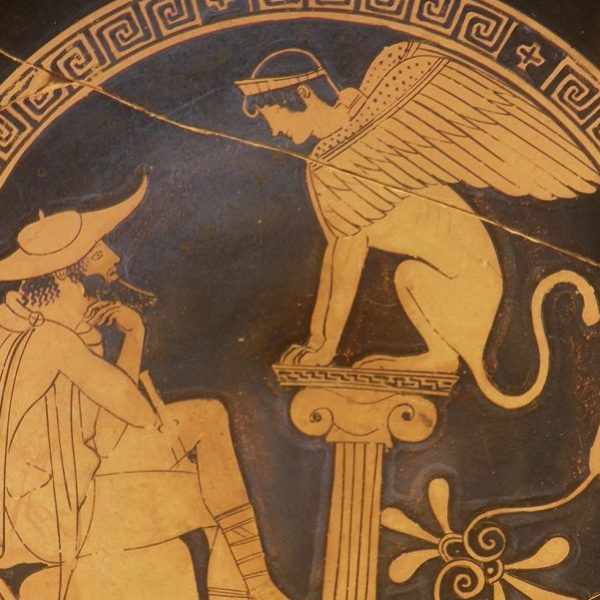Why Evil Became Glamorous: Terry Eagleton’s On Evil
Google famously used “Don’t be evil” as their (informal) corporate slogan during the last decade. Recently though, the company has faced more and more accusations that it mimics any other giant, greedy corporation, from its making privacy difficult on Google+ to preventing customers from using competitive operating systems. Whether or not you like Google, it is strange that such a large company designated even a little of its energy to addressing evil. The concept is simply outdated for many of today’s liberal thinkers, mainstream media, and popular culture—isn’t it? Why did Google, and more importantly, its fans latch on to the “Don’t be evil” policy? Perhaps because evil never really ceased to fascinate us in the first place.
 In On Evil, Terry Eagleton points out that traditionally, evil has been called by two other names, “sin” and “transgression.” In some sense, sin no longer functions as an apt descriptor for a secular age, because any offences people commit are crimes against other people, not against God. Even to some who are religious, sin seems mundane. Transgression, on the other hand, no longer seems to have much of its connotation of evil anymore. To transgress something is to break social boundaries but in a positive, progressive manner. So that leaves us with the term “evil” to wear a much “sexier” reputation that it used to.
In On Evil, Terry Eagleton points out that traditionally, evil has been called by two other names, “sin” and “transgression.” In some sense, sin no longer functions as an apt descriptor for a secular age, because any offences people commit are crimes against other people, not against God. Even to some who are religious, sin seems mundane. Transgression, on the other hand, no longer seems to have much of its connotation of evil anymore. To transgress something is to break social boundaries but in a positive, progressive manner. So that leaves us with the term “evil” to wear a much “sexier” reputation that it used to.
Eagleton doesn’t only mean Broadway’s Wicked when he says evil is glamorous and sexy right now. Terribly condensing his philosophy, one might argue that virtue and goodness became so boring in the hands of Puritans; and others that boredom then led humans to find interest in evil. Evil can seem radical in a stagnant culture or fun in an abstinent one. However, Eagleton claims, “the idea that evil is glamorous is one of the great moral mistakes of the modern age.” If evil is glamorous, then vice is acceptable (note: the amorous trends of vampirism amongst teenagers). Perhaps we should recognize evil as philosophers used to, as the opposite of how we now perceive it: absolutely boring. For example, horror films tend to depict evil as zombies, monsters, sickness, or corpses (…or vampires)—all things lacking life. As Eagleton argues, “Evil is boring because it is lifeless.”



